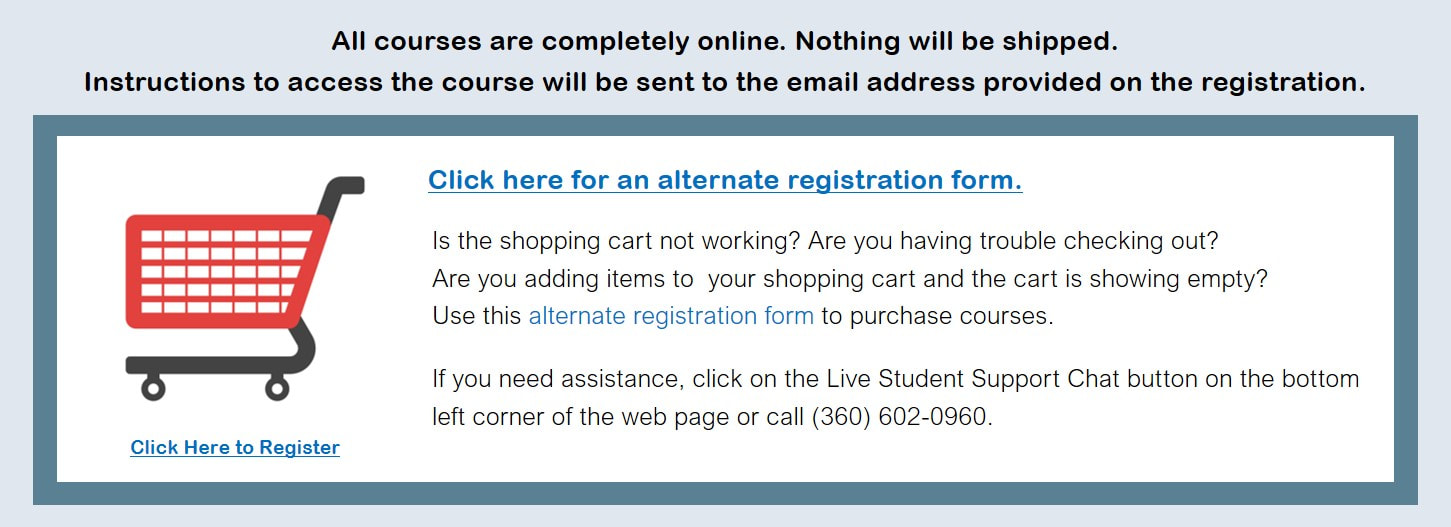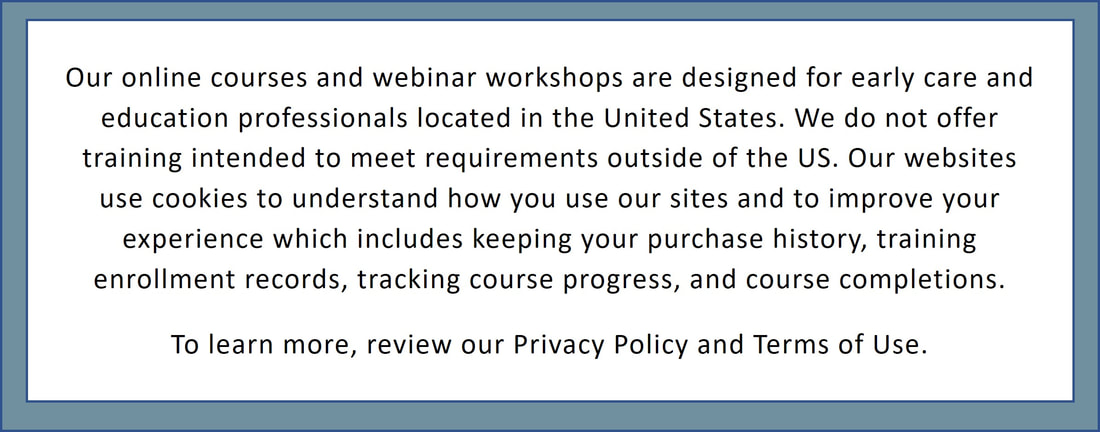|
Share how you are intentional with your teaching within your classroom.
5 Comments
Andrew Rafter
8/7/2019 12:19:26 pm
I have yet to work in a classroom environment. While it's only one aspect of intentional teaching I really want to ask questions that encourage my students to problem solve when I start working in the classroom. It's easy to tell students the right answer, but it's harder to ask them questions which guide them to that answer on their own. For example, in this pages video the teacher is overseeing a group of preschoolers operating a pulley system with a bucket attached to it. When the teacher notices one of her students standing under the bucket she doesn't tell him to move, but asks him if it's safe to stand there. By asking him that she's allowed him to explore the situation, problem solve, and come to his own answer. He concluded that it wasn't safe and moved. By asking a meaningful question instead of giving simple information she managed to turn that situation into a learning experience. The same is true when she asks them how to make the area safe, and they respond that a fence would make it safe. Sometimes there are limits to this though, and adult-direction is needed. Later in the video she's allowing one of her students to clip a painting onto the newly created fence. After clearly struggling with it for a minute the teacher then gives him some direct guidance, showing him how to clip it on. But it's this balance that seems to be at the heart of intentional teaching, knowing when to pull back or go farther, that's most interesting to me. So in short I plan on being intentional with my teaching by trying to ask meaningful questions that encourage problem solving skills instead of lazily giving out the answer directly.
Reply
Jennifer Easterbrooks
8/7/2019 12:20:14 pm
Taking activities and finding ways to incorporate high-level play is a great way to start creating a more intentional classroom environment. An example of how i use intentional teaching would be how I teach dental health. First I ask the children what they already know about teeth. After we may read some books about teeth and going to the dentist. Then we discuss healthy teeth habits like brushing, flossing,and going to the dentist for regular checkups. I follow that up with a " Happy Teeth, Sad Teeth" magazine food cutting, sorting and gluing project. Next we practice using a tooth brush in a variety of ways. First we use paint and a toothbrush to paint on a large paper tooth, we also put toothpaste on a toothbrush and "practice" brushing eggs that have been sitting in tea. There is also time to practice flossing when the kid use yarn to "floss" play dough out from between large lego "teeth". I continue to scaffold the learning by setting up a dentist office in the dramatic play area. Encouraging pretend play and supporting play efforts instead of directing them will provide plenty of opportunities for high level play and will foster an intentional and rich learning environment.
Reply
Lindy Madsen
8/7/2019 12:20:46 pm
I use intentional teaching methods in my classroom when I make space for children's suggestions and directions while planning adult-directed curriculum activities.
Reply
Patricia Steeber
8/29/2019 12:25:07 pm
I use Intentional teaching by integrating all centers, academically and dramatic play centers with the theme that is being taught.
Reply
Tamera Wason
12/12/2019 02:41:28 pm
How I am intentional in the preschool classroom; I think about what the learning outcomes should look like for each of the units when I lesson plan. In the fall I like to do the tree unit, I start with asking the children what they know about trees and then what they would like to learn about trees. Then I incorporate pictures of different trees, leaves, cones, branches and bark in every interest area and center in the classroom to invite children to explore and ask question about trees. I put real branches, barks, leaves and cones in the science area and art area. I put leave in the sensory table with pictures of animals that live in trees taped to the bottom of the table. This way they can make a set of binoculars with their hands and go spy animals in trees. Matching and counting games with leaves to trees in the math area. Talk about deciduous and evergreen with our language building vocabulary words. Pick stories that are about trees, have fiction and non-fiction books about trees. In dramatic play are we have what foods come from trees, what is made from trees. The wooden block area has pictures of different trees on the block for the children to building a forest.
Reply
Your comment will be posted after it is approved.
Leave a Reply. |
This tool allows learners to connect and collaborate in the eLearning environment about early learning topics of their choice. This resource tool is available for current and past students.
This resource is brought to you by the student support staff at Successful Solutions Training in Child Development.
Categories
All
Archives
May 2019
|
-
Home
- Browse For Courses
- Get In Touch
- About Us
- Group Registration Form
- New Courses >
- CDA Training Options >
- CDA Renewal Nexport Campus >
- OSPI Clock Hours
- State Approvals
- Student Testimonials
- Privacy Policy
- Terms of Use
- Student Sign-In (www.myececlass.com)
- Student Sign-In (Nexport)
- Self-Knowledge and Career Development Skills
- Sales
Early Care, Education and Skill Development Courses Online
Open-Enrollment * Self-Paced * Mobile Friendly
Instructor Led Clock-Hour Courses * CEU Courses * Zoom Workshops
(360) 602-0960
Successful Solutions Training in Child Development is a subsidiary of Successful Solutions Professional Development LLC
Genie Skinner , Founder/Owner - Director of Online Program Administration
Address: PO Box 727, Burley, WA 98322-0727 * Main Website: www.cdastars.com * Training Site: www.myececlass.com
Copyright 2024. Successful Solutions Professional Development LLC. * All Rights Reserved. Updated January 2, 2024
Address: PO Box 727, Burley, WA 98322-0727 * Main Website: www.cdastars.com * Training Site: www.myececlass.com
Copyright 2024. Successful Solutions Professional Development LLC. * All Rights Reserved. Updated January 2, 2024






